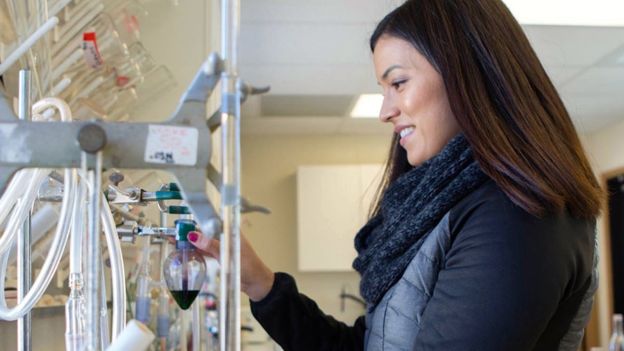Most Canadian mining, gas and oil companies working abroad are good corporate citizens, says the federal government official tasked with keeping tabs on their actions.

But Jeffrey Davidson, speaking in Kingston, says there is always room for improvement.
As the extractive sector corporate responsibility counsellor for Foreign Affairs, Trade and Development Canada, Davidson’s office advises the government on how to make sure Canadian companies act appropriately while doing business internationally.
The office also provides advice to companies navigating the often complex social, economic, cultural and political landscape of other countries.
If necessary, the office also gets involved in a dispute resolution role.
“Canada has a reputation of being honest, transparent, promoting good works, and if some companies were presenting themselves as Canadian and making messes, it wasn’t something the government wanted to see,” Davidson said Wednesday at the close of a conference at Queen’s University about Canada’s role in Africa’s natural resource sectors.
“There is a whole argument that home countries have a role to play in promoting and ensuring responsible business conduct outside of Canada’s borders.”
Davidson, a former Queen’s professor, took the office last year and is responsible for helping the government implement its Doing Business the Canadian Way strategy.
The strategy incorporates about a half-dozen internationally accepted policies for social responsibility, including the Organization for Economic Co-operation and Development’s Guidelines for Multinational Enterprises, the United Nations Guiding Principles on Business and Human Rights, the Voluntary Principles on Security and Human Rights, and the International Finance Corporation’s Performance Standards on Social and Environmental Sustainability.
Initiatives from the Mining Association of Canada and the Prospector and Developers Association of Canada are also incorporated into the government’s strategy.
By communicating with Canada’s embassies and high commissions and with corporations and non-governmental organizations, Davidson’s office watches for potential disputes and tries to get involved before they escalate.
“We keep an eye open for situations that might be emerging,” he said. “I believe most companies try hard to do the right thing.
“Maybe there is room for improvement. There is room for improvement. Part of the mission is to help companies continually improve their practice on the ground.”
If a company does run afoul of the government’s corporate social responsibility strategy, Davidson’s office has the authority to recommend the government withhold or cancel services, such as trade advocacy support or finance assistance from Export Development Canada.
The office also has the authority to announce publicly that a company is not abiding by the strategy, publicity that could have an impact on the company’s business and reputation.
In 2013, Canadian-headquartered mining and exploration companies made up almost one-third of global exploration expenditures.
In the same year, more than half of the world’s publicly listed exploration and mining companies were headquartered in Canada. These 1,500 companies had an interest in about 8,000 properties in more than 100 countries.
This article was taken from here.
